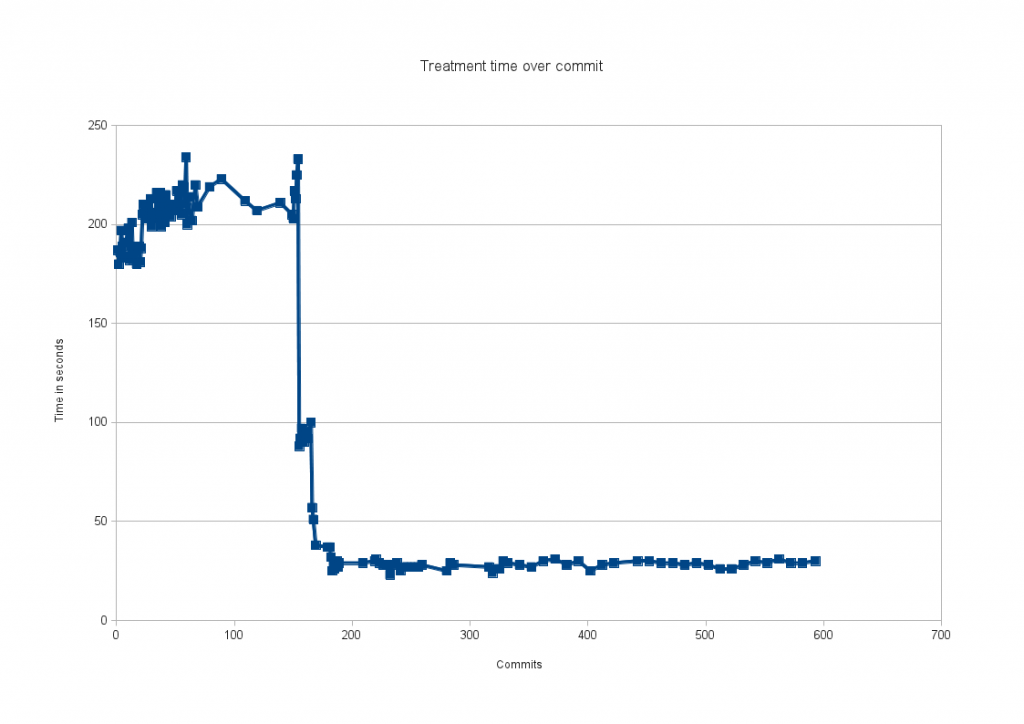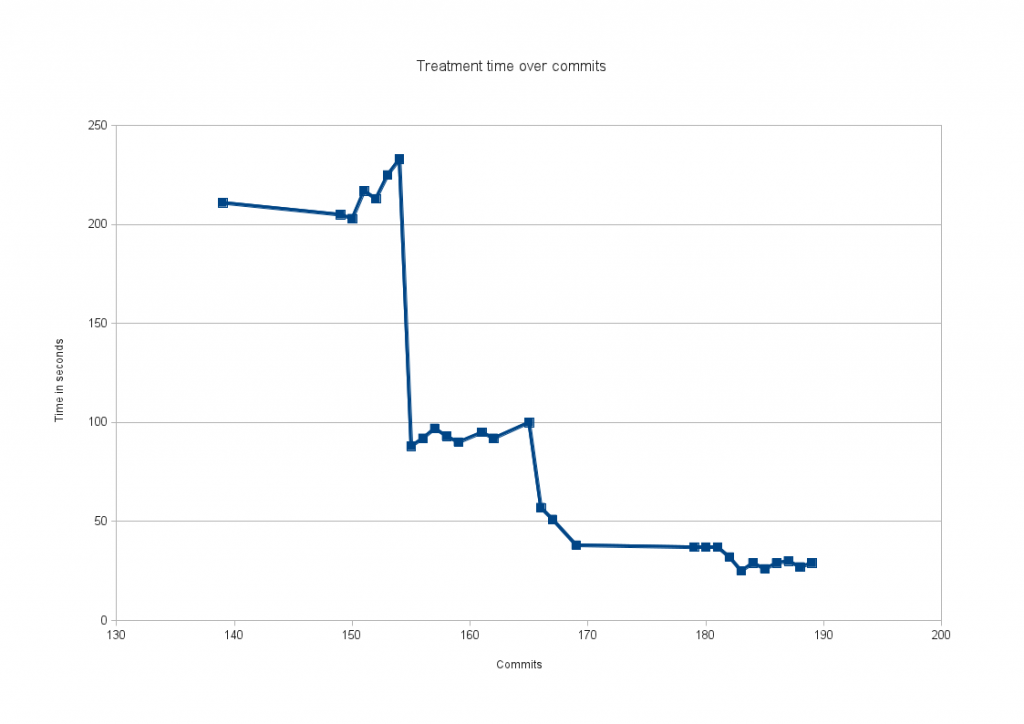During one of my recent coding, I had to modify a signature file for suricata. The file was looking like this:
alert pkthdr any any -> any any (msg:"SURICATA ICMPv4 unknown code"; decode-event:icmpv4.unknown_code; sid:2200024; rev:1;) alert pkthdr any any -> any any (msg:"SURICATA ICMPv4 truncated packet"; decode-event:icmpv4.ipv4_trunc_pkt; sid:2200025; rev:1;) alert pkthdr any any -> any any (msg:"SURICATA ICMPv4 unknown version"; decode-event:icmpv4.ipv4_unknown_ver; sid:2200026; rev:1;) alert pkthdr any any -> any any (msg:"SURICATA ICMPv6 packet too small"; decode-event:icmpv6.pkt_too_small; sid:2200027; rev:1;) alert pkthdr any any -> any any (msg:"SURICATA ICMPv6 unknown type"; decode-event:icmpv6.unknown_type; sid:2200028; rev:1;) alert pkthdr any any -> any any (msg:"SURICATA ICMPv6 unknown code"; decode-event:icmpv6.unknown_code; sid:2200029; rev:1;)
The modification was to decrease the number behind
At first, I did not know how to substract 24 to a number. The only operation I know is CTRL+x (deadly ennemy of CTRL+a) which decreases the next number on the right of the cursor by 1. I then thought to the command iterator. In a perfect world, it should work on multi key command. And it was working! Taping:
24CTRL+x
Decrease the next number on the current line by 24.
All that was needed now was to record a macro and apply it to all lines. Start recording a macro in register a is simply done with the command qa. My macro was the following:
0 # got at start of the line /sid # search sid 24CTRL+X # decrease sid number Arrow down # go to next line
Followed by ESC q to leave macro recording.
Macro application is done via the @a command, and by doing 42@a, I could apply it on all the file (42 being the number of lines to change).
In fact this solution is too complicated because you must know how much lines you want to change. It is possible to apply a macro b on a visual selection by using:
:normal @b
Plese note you must not hit ESC before taping :. By removing the Arrow down macro from the a, I was able to apply my modification to the selected lines easily.
This last tips is taken from Vim Tips Wiki.

